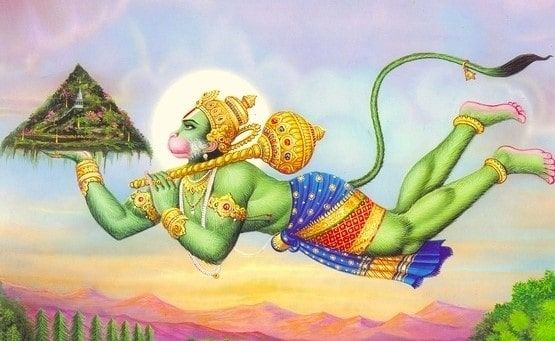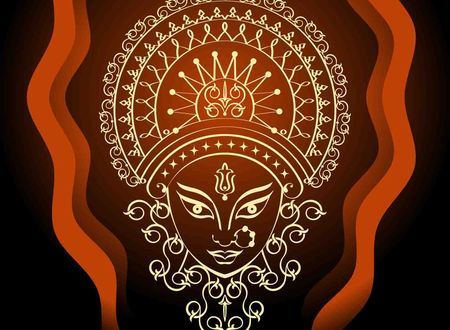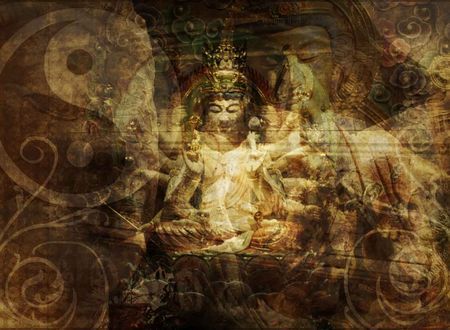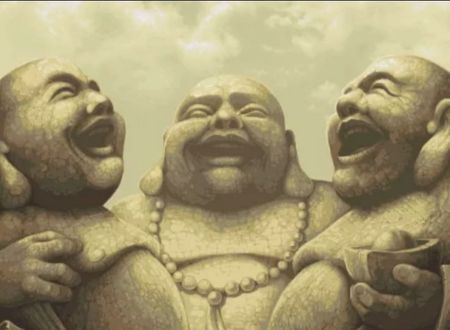Indian mythology is full of interesting incidents, especially the Ramayana and Mahabharata. Along with the famous happenings in the epics, there are various sub-stories that are worth re-telling. An occurrence during an important period in Ramayana is one that holds importance even today.
Lord Ram, his brother, Lakshman, Hanuman and their monkey army were fighting against the evil ruler of Lanka Ravan and his mighty army. Ravan had kidnapped Ram’s wife Sita and the lord, along with his associates, was trying to free her from his clutches.
During the war, Lakshman gets grievously injured. The famous medical practitioner Sushena was brought to cure him. He came to a conclusion that only the herb Sanjeevani can save Lakshman’s life. The herb was available far away in the Himalayas.
The only option was Hanuman flying over to the Himalayas with his special powers to bring Sanjeevani. He willingly agrees for the mission but after reaching the mountain, he gets confused as to which plant out of all these is Sanjeevani.
Hence, Hanuman uproots a large part of the mountain and flies with it to the war site. His efforts prove to be useful as Lakshman gets saved.
Photo source: Stephen-knapp.com
We have only heard, read or seen this much about this incident but there is much more to this.
It is believed that Hanman’s actions didn’t go down well with people of Dronagiri from where he uprooted the mountain. According to them, the mountain, named Dev Parbat, was a vast treasure of natural wealth and herbs and Hanuman snatched it away from them.
The place, called Dunagiri today, falls in the Almora district of the Indian state of Uttarakhand. Astonishingly, the people of that region are still upset over Hanuman for his act and have not forgiven him.
In fact, every year they stage the Ramayan in the form of Ram Lila. However, their version completely omits the part of Hanuman. In fact, the monkey god just finds no mention anywhere in their Ram Lila!
So, not surprisingly, you won’t find a single Hanuman temple in the region simply because of the grudge people have for the ardent servant of Lord Ram.









Comments & Discussion
16 COMMENTS
Please login to read members' comments and participate in the discussion.